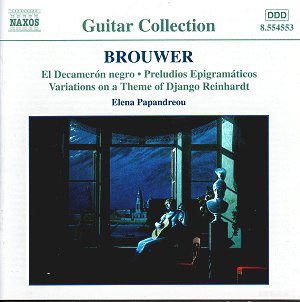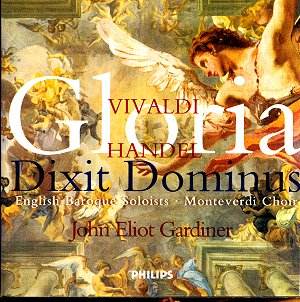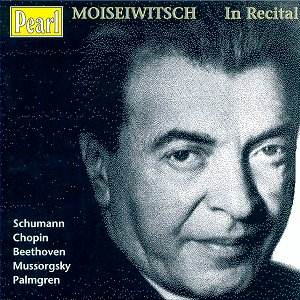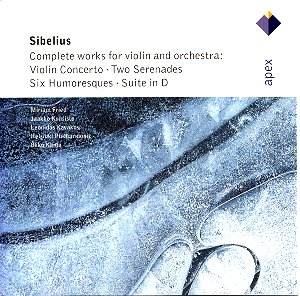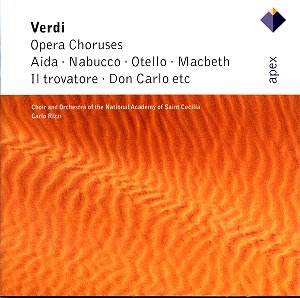 Composer: Giuseppe Verdi
Composer: Giuseppe Verdi
Works: Nabucco, Macbeth, La battaglia di Legnano, I Lombardi alla prima crociata, Il trovatore, Don Carlo, Otello, Aida
Performers: Choir and Orchestra of the National Academy of Saint Cecilia / Carlo Rizzi
Recording: Conservatorio di Musica Santa Cecilia, Rome, September 1992
Label: Warner Classics Apex
Giuseppe Verdi’s operas are a cornerstone of the Italian repertoire, not only for their dramatic power but also for their rich choral writing that echoes the socio-political landscape of 19th-century Italy. The collection “Opera Choruses,” conducted by Carlo Rizzi, showcases the composer’s ability to intertwine the personal with the political, as these choruses often served as a voice for the oppressed. Each track in this recording encapsulates Verdi’s genius for melody and text, drawing listeners into a world rife with longing, celebration, and despair.
Rizzi demonstrates an acute understanding of Verdi’s orchestral and choral textures. The opening track, “Va, pensiero” from Nabucco, is a masterclass in balance; the choir’s longing for their homeland is beautifully rendered with Rizzi’s deft control over dynamics. The initial hushed tones swell into a powerful lament, the fading notes at the conclusion capturing the essence of yearning with remarkable sensitivity. This is a performance that does not shy away from the emotional core of the music, establishing a compelling atmosphere from the outset.
The subsequent selections continue to reflect Rizzi’s interpretive insight. For instance, in the “Patria oppressa!” from Macbeth, the orchestration paints a stark picture of desolation, with sharp brass and thin strings evoking a barren landscape. The chorus enters softly, developing from muted tones into a crescendo of despair, illustrating Verdi’s adeptness at characterizing emotional states through vocal color and orchestral support. The clarity of the ensemble here is particularly noteworthy, as Rizzi navigates the contrasting textures with precision, ensuring that each voice is heard without overshadowing the overall effect.
Contrasts abound in this recording, as exemplified in the “Anvil Chorus” from Il trovatore. While Rizzi’s brisk tempo energizes the piece, it occasionally threatens the clarity of the chorus, leading to some muddled diction—an aspect that might prompt listeners to reflect on the interpretive choices at play. However, this does not detract significantly from the overall excitement of the performance, which still conveys the robust spirit of Verdi’s writing.
Technical aspects of the recording merit attention, as the sound quality is commendable for its time. The engineering captures the vibrant acoustics of the Conservatorio di Musica Santa Cecilia, allowing the orchestra and chorus to blend seamlessly while maintaining individual clarity. The recording’s dynamic range enhances the emotional impact of each chorus, from the jubilant celebrations in “Fuoco di gioia!” from Otello, where the choir’s interlocking lines create a vivid tapestry of sound, to the solemnity of the “Gloria all’ Egitto” from Aida, where Rizzi’s careful pacing allows the celebratory nature to unfold organically.
The accompanying booklet enriches the listening experience, providing not only the libretto and English translations but also contextual insights into the political backdrop of Verdi’s works. This is particularly relevant considering the opera’s role in the Italian unification movement, with Verdi’s choruses often serving as anthems of national identity. The thoughtful inclusion of historical context allows for a deeper appreciation of Verdi’s artistic choices, particularly the emotional weight carried by the text.
Rizzi’s interpretation of Verdi’s opera choruses stands out not only for its technical proficiency but also for its emotional resonance. The performances capture a spectrum of human experience, from the deep-seated yearning of “Va, pensiero” to the raucous joy of “Fuoco di gioia!” This recording, available at a remarkably low price, offers a compelling journey through Verdi’s choral masterpieces, making it an essential addition to both the novice’s and the aficionado’s collection. The combination of artistic insight, technical excellence, and historical grounding makes this album a triumph, affirming Verdi’s enduring legacy in the operatic canon.
